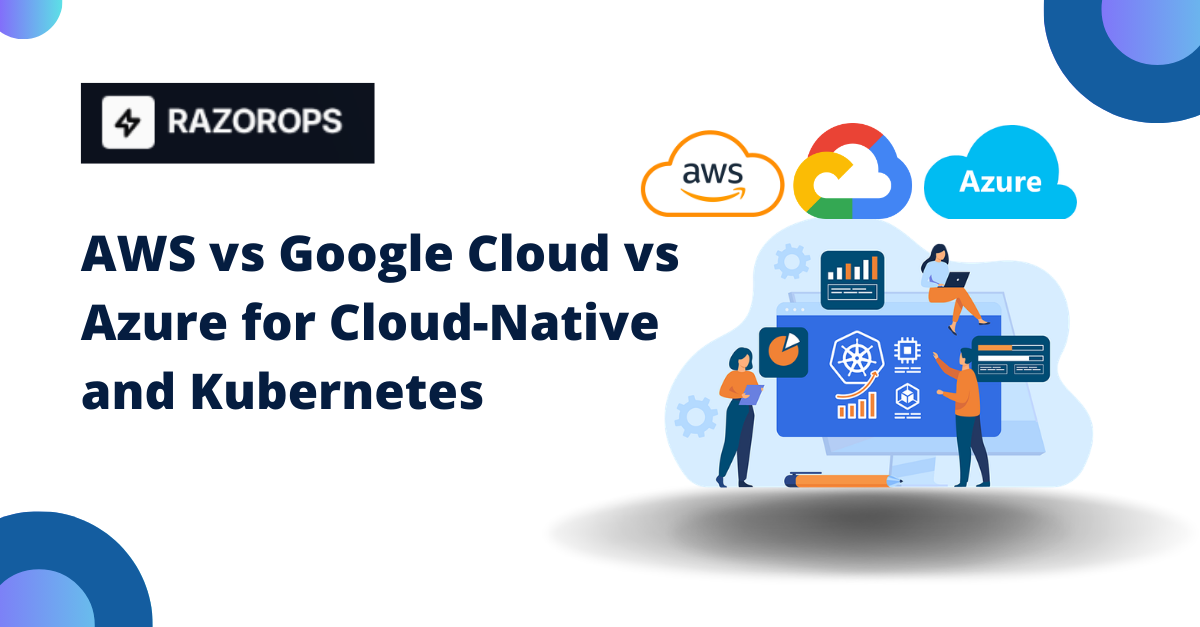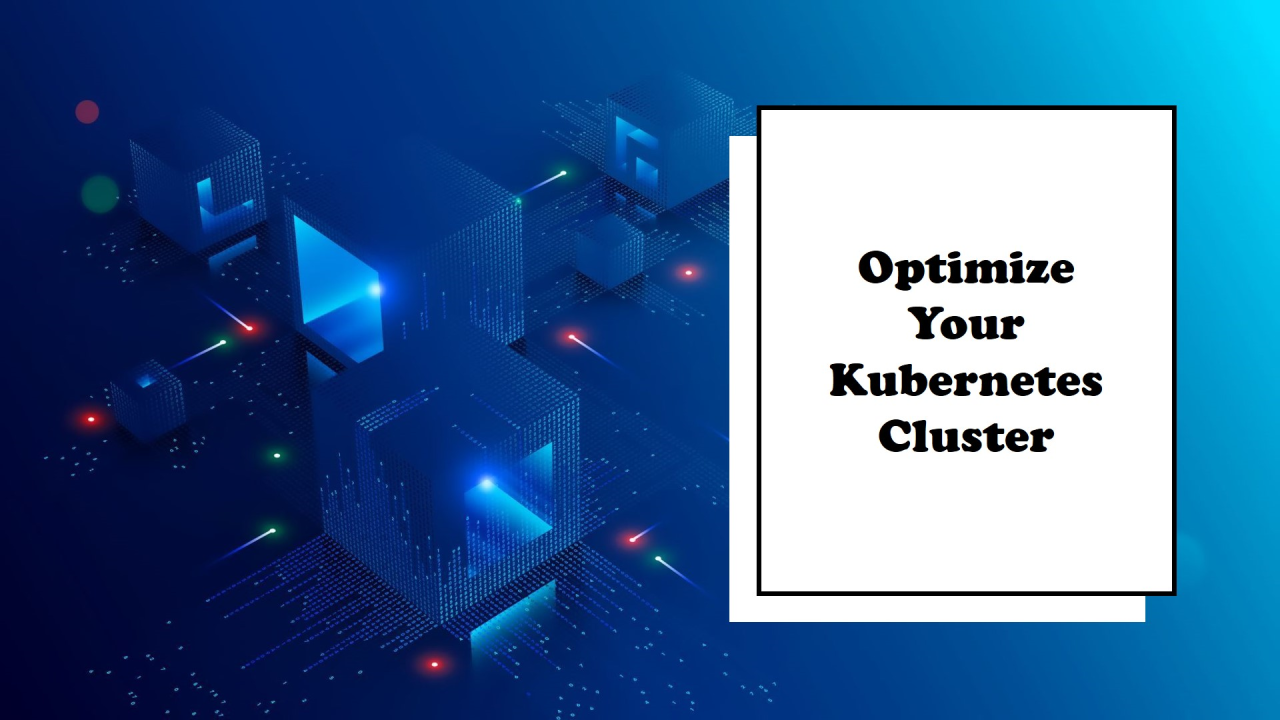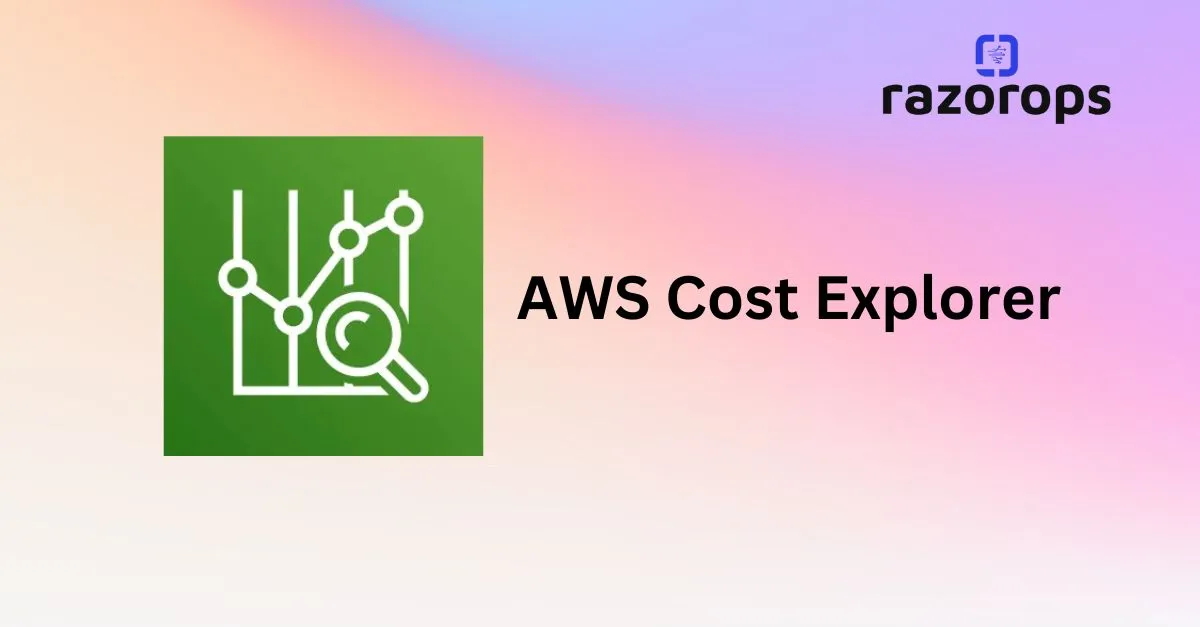How to evaluate cloud migration partner

When selecting a cloud migration partner, it’s essential to evaluate their capabilities, experience, and alignment with your business needs. Here’s a guide on what to look for:
1. Expertise and Experience
- Industry Knowledge:
- Experience in your specific industry (e.g., healthcare, finance, retail).
- Cloud Proficiency:
- Certified partnerships with major cloud providers like AWS, Azure, Google Cloud, or others.
- Migration Success Stories:
- Proven track record of successful cloud migration projects.
- Specialized Skills:
- Expertise in areas like hybrid cloud, multi-cloud environments, and legacy system migration.
2. Comprehensive Services
- Assessment Capabilities:
- Ability to analyze your current infrastructure and provide detailed migration plans.
- End-to-End Services:
- Services covering planning, execution, testing, and post-migration support.
- Specialization in Migration Types:
- Support for lift-and-shift, refactoring, re-platforming, and hybrid migrations.
- Data and Workload Handling:
- Expertise in handling large-scale data transfers and critical workloads.
3. Technical Expertise
- Certifications:
- Certifications in AWS, Azure, GCP, or other relevant technologies.
- Tool Expertise:
- Familiarity with migration tools like AWS Migration Hub, Azure Migrate, or third-party tools like CloudEndure, PlateSpin, or Carbonite.
- Security Proficiency:
- Understanding of compliance standards (e.g., GDPR, HIPAA) and implementation of robust security measures.
- DevOps and Automation Skills:
- Expertise in CI/CD, infrastructure as code (IaC), and automation tools.
4. Cost Optimization Strategies
- Budget-Friendly Solutions:
- Ability to optimize costs during and post-migration.
- Transparent Pricing:
- Clear cost structures with no hidden fees.
- Resource Optimization:
- Expertise in sizing resources accurately for cost efficiency.
5. Support and Collaboration
- Dedicated Team:
- Access to a dedicated team or account manager for your project.
- Communication:
- Strong communication channels and regular updates during migration.
- Post-Migration Support:
- Commitment to resolving issues, monitoring performance, and optimizing operations.
6. Scalability and Future-Readiness
- Scalability:
- Ability to design scalable cloud architectures to handle future growth.
- Future Technologies:
- Knowledge of cutting-edge cloud services like AI/ML, IoT, or serverless computing.
- Innovation:
- Focus on innovation to leverage cloud-native features and improve performance.
7. Client References and Reviews
- Case Studies:
- Success stories from businesses of similar size and scope.
- Customer Testimonials:
- Feedback from previous clients.
- Third-Party Reviews:
- Online reviews or ratings from neutral sources.
8. Compliance and Security
- Regulatory Knowledge:
- Familiarity with industry regulations and compliance requirements.
- Data Protection:
- Strong encryption, identity management, and security protocols.
- Disaster Recovery:
- Expertise in creating reliable disaster recovery plans.
9. Agile and Customizable Approach
- Customization:
- Ability to tailor migration strategies to your specific business requirements.
- Flexibility:
- Agile methodology to adapt to unforeseen challenges.
10. Partnership with Cloud Providers
- Direct Relationships:
- Strong partnerships with AWS, Azure, or Google Cloud can translate to better access to resources, discounts, and support.
Red Flags to Watch Out For
- Lack of certifications or cloud-specific expertise.
- Overpromising timelines or underestimating migration complexity.
- Lack of clarity on cost estimates or hidden charges.
- Poor communication or unavailability of post-migration support.
Choosing the right cloud migration partner ensures a seamless transition, cost-efficiency, and long-term success.
Enjoyed this article? Share it.







